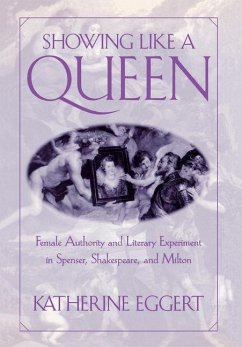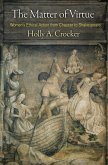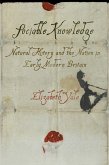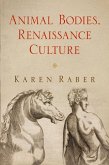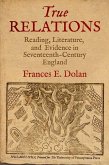For most Renaissance English thinkers, queenship was a catastrophe, a political accident that threatened to emasculate an entire nation. But some English poets and playwrights proved more inventive in their responses to female authority.
In Showing Like a Queen, Katherine Eggert argues that Spenser, Shakespeare, and Milton turned the political problem of queenship to their advantage by using it as an occasion to experiment with new literary genres. Unlike other critics who have argued that a queen provoked only anxiety and defensiveness in her male subjects, Eggert demonstrates that even after her death Elizabeth I's forty-five-year reign enabled writers to entertain the fantasy of a counterpatriarchal realm.
Eggert traces a literary history of the late sixteenth and early seventeenth centuries in which the destabilizing anomaly of female rule enables Spenser to reshape the genre of epic romance and gives Shakespeare scope to create the ruptured dynastic epic of the history plays, the psychologized tragedy of Hamlet, and the feminized tragedies of "Antony and Cleopatra" and "The Winter's Tale." Turning to the second half of the seventeenth century, Eggert reveals how even after more than sixty years of male governance, Milton bases his marital epic Paradise Lost upon the formulae of queenship.
In Showing Like a Queen, Katherine Eggert argues that Spenser, Shakespeare, and Milton turned the political problem of queenship to their advantage by using it as an occasion to experiment with new literary genres. Unlike other critics who have argued that a queen provoked only anxiety and defensiveness in her male subjects, Eggert demonstrates that even after her death Elizabeth I's forty-five-year reign enabled writers to entertain the fantasy of a counterpatriarchal realm.
Eggert traces a literary history of the late sixteenth and early seventeenth centuries in which the destabilizing anomaly of female rule enables Spenser to reshape the genre of epic romance and gives Shakespeare scope to create the ruptured dynastic epic of the history plays, the psychologized tragedy of Hamlet, and the feminized tragedies of "Antony and Cleopatra" and "The Winter's Tale." Turning to the second half of the seventeenth century, Eggert reveals how even after more than sixty years of male governance, Milton bases his marital epic Paradise Lost upon the formulae of queenship.
Dieser Download kann aus rechtlichen Gründen nur mit Rechnungsadresse in A, D ausgeliefert werden.

